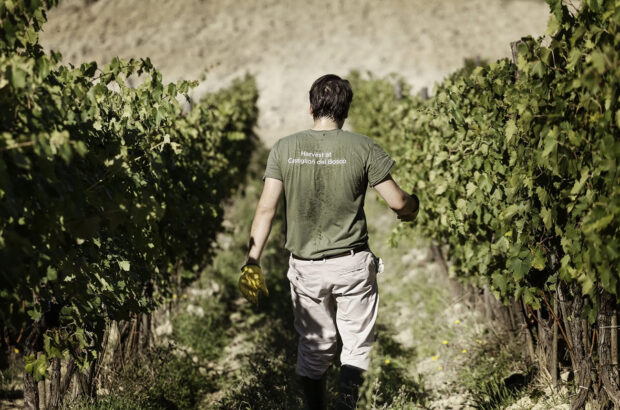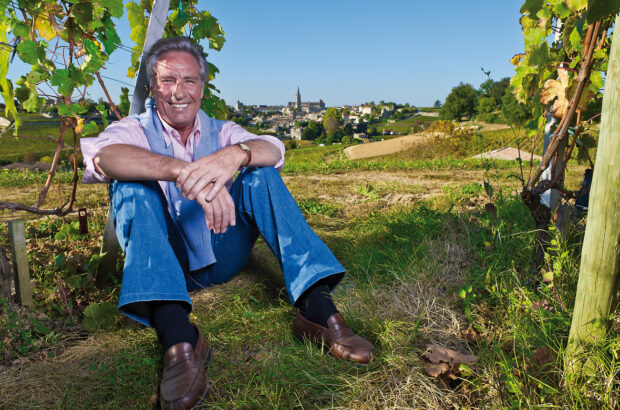California winery Joseph Phelps is gearing up for a fight with a group of radical hippy survivors from 1960s San Francisco.
Phelps – best-known for its highly-sought-after Insignia and cultish Backus, and one of California’s most aristocratic producers – wants to build a winery in Freestone, Sonoma County (pictured). It has three vineyards there, planted to Pinot Noir and Chardonnay, about to come on stream.
But it is facing resistance from a handful of vocal residents anxious to preserve the ‘unspoilt’ nature of the area.
‘There is a lot of opposition,’ Phelps CEO Tom Shelton told decanter.com. ‘These are guys that came down from Haight-Ashbury in the 60s and they basically don’t want any development at all.’
‘The Hashbury’, as it was known, was a hippy enclave of 1960s San Francisco populated by poets, musicians and political radicals such as Ken Kesey, Jerry Garcia and Allen Ginsberg.
Phelps’ winery will be on two storeys and cover a surface area of 6,700 square metres. Shelton said the plan was to make it as unobtrusive as possible. ‘It is not big compared to many wineries, and it’s a barn-like structure in keeping with other buildings in the area. It can’t be seen from the road.’
But Freestone residents consider their rural way of life is threatened. The website Freestone.com protests against ‘the vineyardization of Sonoma County’ and claims hop fields and apple orchards are being torn up for vines.
‘We’ve had some nasty memos calling us an “Industrial Vineyard Factory,”’ Shelton said. ‘Down in Freestone people think Phelps is a very big operation.’
While most opposition comes from a grouping known as the Town Hall Coalition, Shelton says they also have a lot of local support. ‘People recognise that vineyards are the best way of preserving rural settings.’
The situation has its ironies: Phelps is proud of its biodynamic credentials, and Shelton sits on the Napa Watershed Task Force Oversight Committee, which monitors environmental impact of developments. He is also implacably opposed to illegal developments and advocates jail rather than fines for company executives who flout the law.
Phelps – which intends to release the first wines from the Freestone vineyards in three to four years’ time – is not alone. Such well-known cult names as Helen Turley, Pahlmeyer and Flowers are also in the area.
picture courtesy Joseph Phelps at jpvfreestone.com
Written by Adam Lechmere14 June 2002






